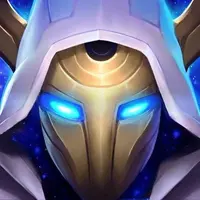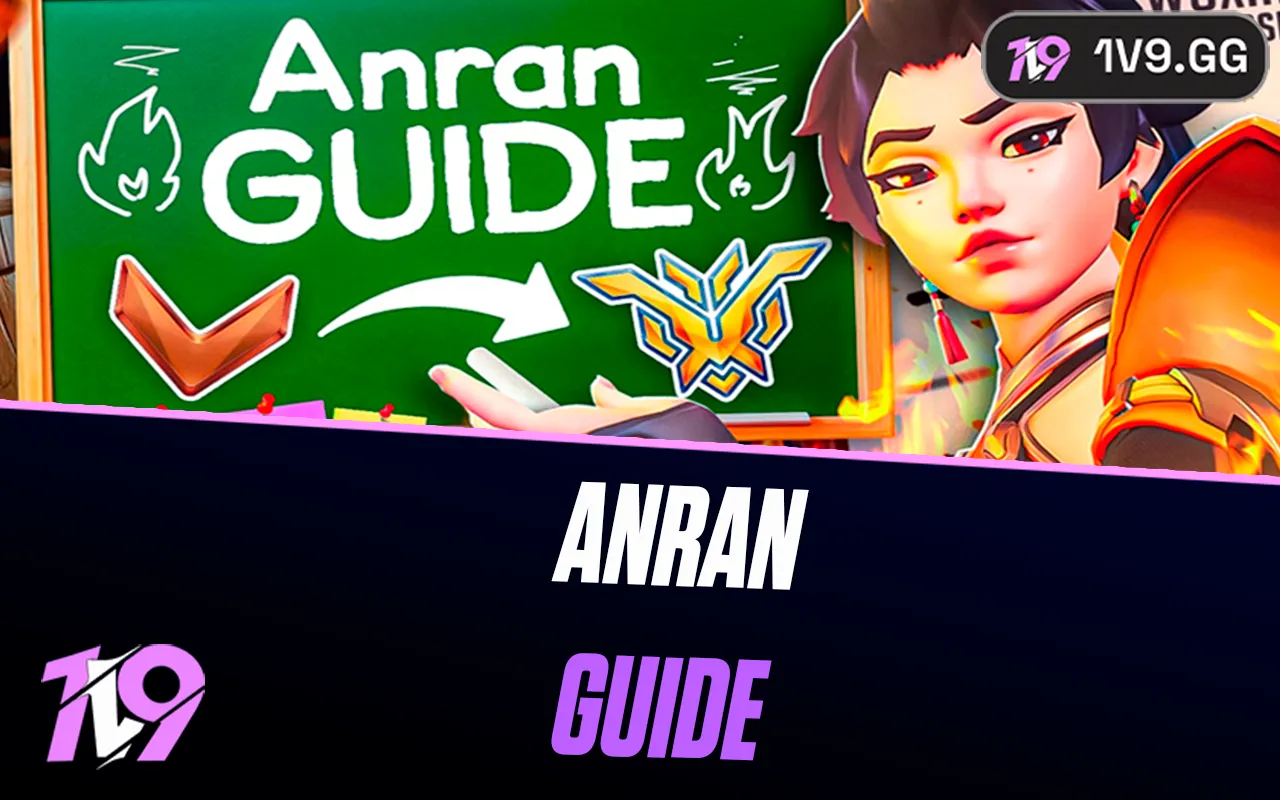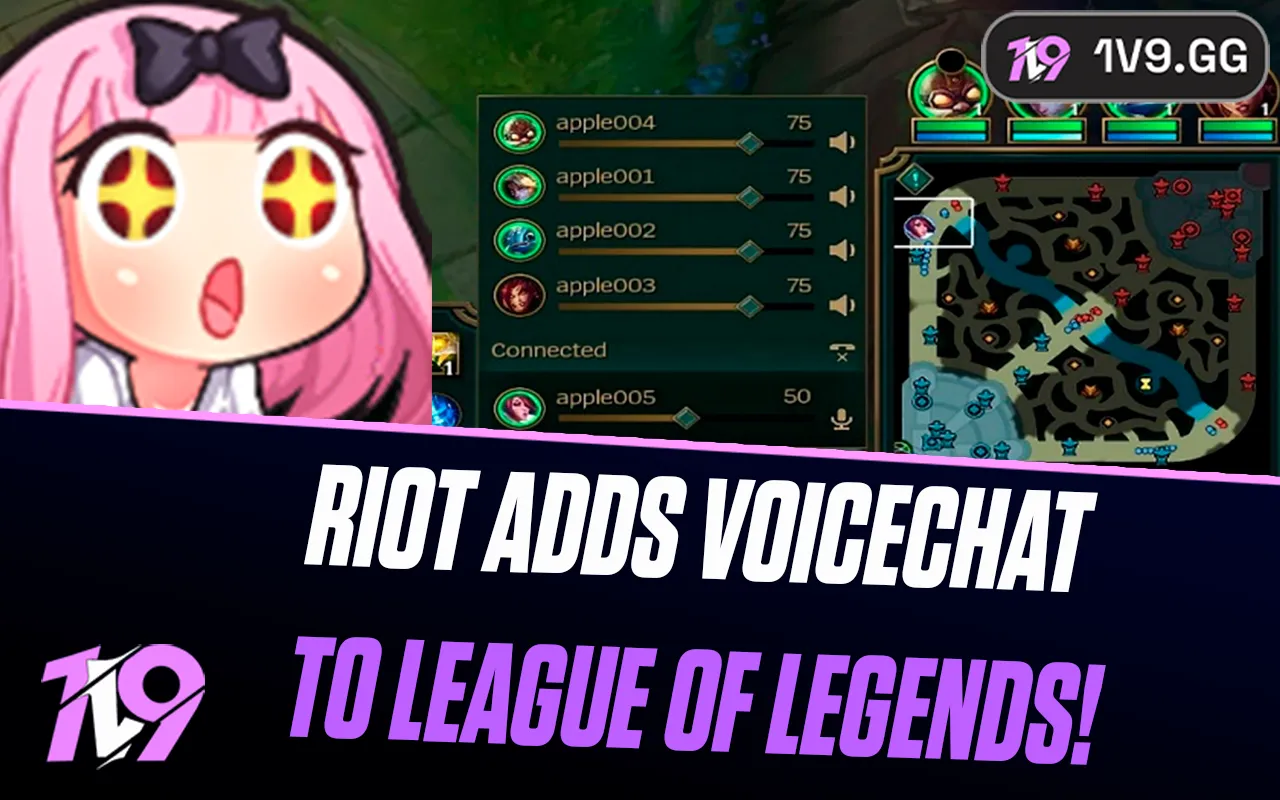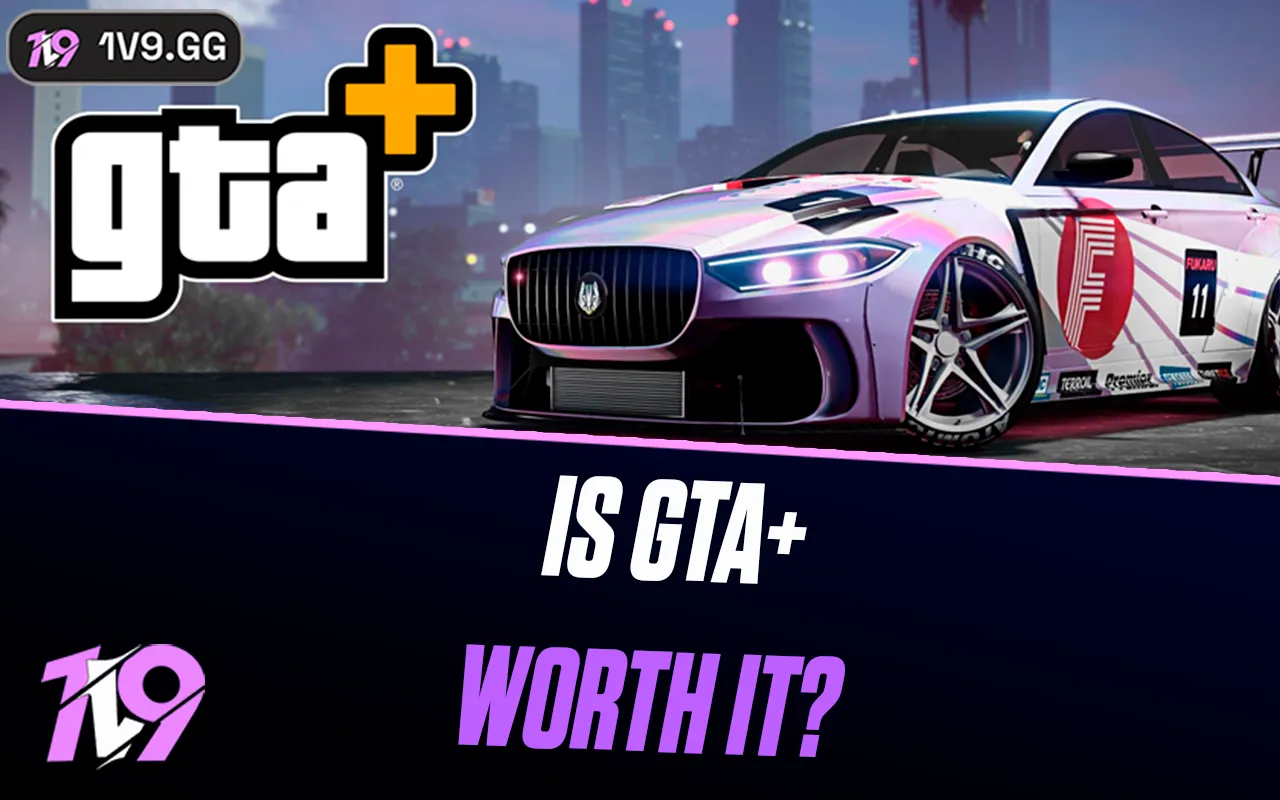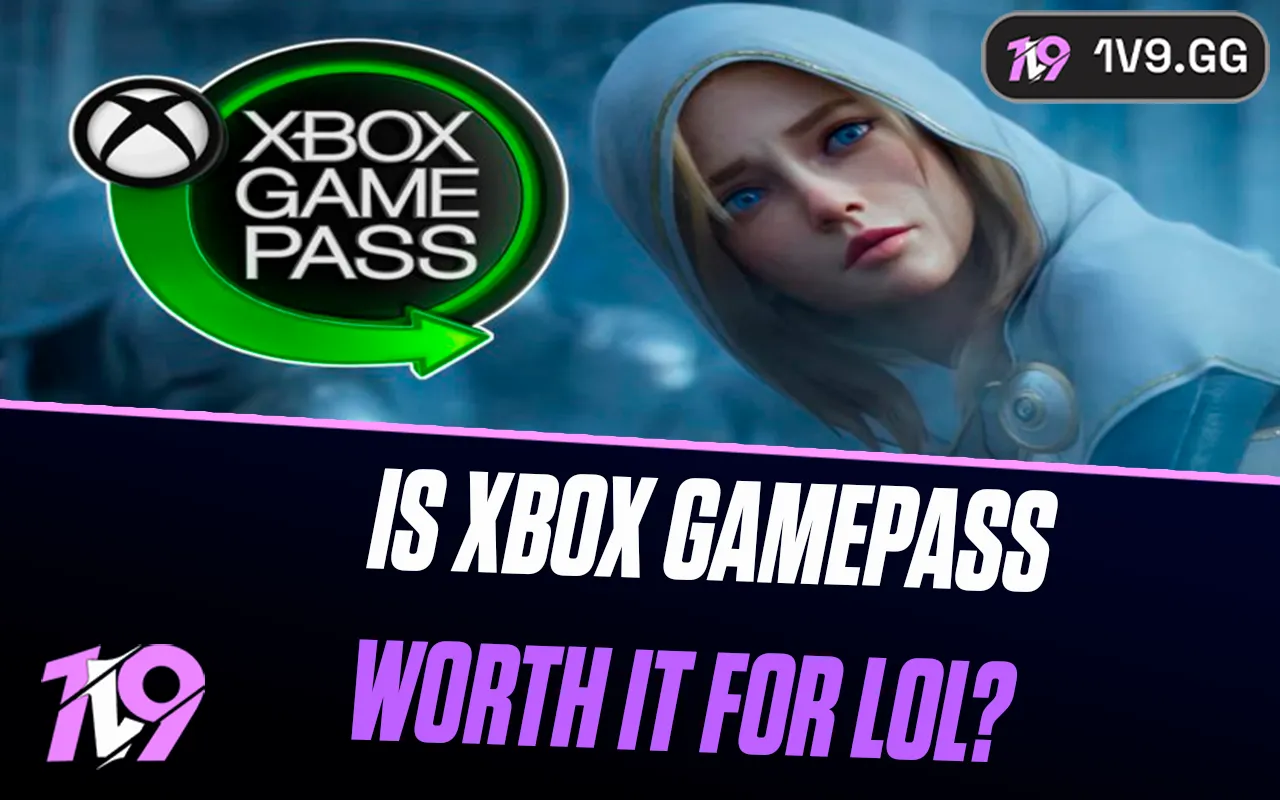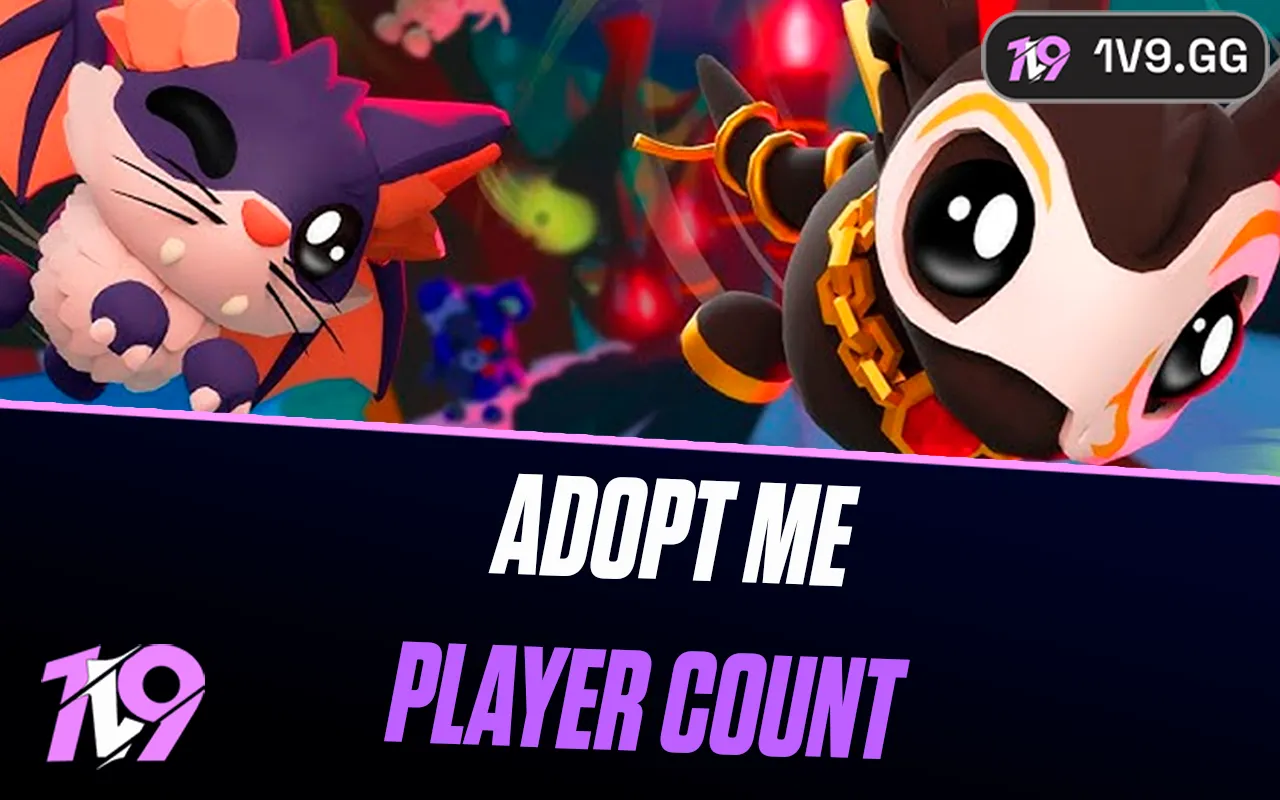
Dota 2: 10 Beginner Tips And Tricks
Dota 2 is one of the most complex and strategic games out there, making it both exciting and challenging for new players. With over 120 heroes, countless item combinations, and a constantly evolving meta, it can be overwhelming to figure out where to start. Understanding the basics is crucial if you want to improve and enjoy the game without feeling lost.
This guide covers 10 essential tips and tricks that will help beginners build a strong foundation in Dota 2. From picking the right heroes and managing gold to improving map awareness and teamwork, these tips will set you on the path to becoming a better player. Whether you’re completely new or just looking to sharpen your skills, this list will help you get started and avoid common beginner mistakes. Let’s dive in!
#10: Item Building

Understanding how to build the right items for your hero is one of the most important aspects of Dota 2. Unlike other games where items are static, Dota 2 requires you to adapt your build based on the match, enemy heroes, and your team’s strategy. Always check the recommended items in the shop, as they provide a solid starting point, but don’t rely on them blindly—every game is different.
Start by learning about core items for your hero. Some heroes rely on mana-regenerating items like Arcane Boots or Bottle, while others need damage-boosting items like Desolator or Black King Bar for survivability in fights. Situational items are equally important—if you’re facing a lot of magic damage, picking up a Hood of Defiance or a Black King Bar can make a huge difference. If the enemy has high mobility, an item like Scythe of Vyse or Rod of Atos can help lock them down.
Don’t forget about early-game items, such as Magic Wand for burst healing, or Power Treads for extra survivability and attack speed. Keeping an eye on what items your opponents are building can also help you counter them effectively. With experience, you’ll learn when to adjust your item build to fit the game’s needs, making you a smarter and more effective player.
#9: Learn from Every Game

Dota 2 has a steep learning curve, and the best way to improve is by learning from every match. Instead of focusing only on wins and losses, pay attention to what went right and what went wrong. Even in games where you struggle, there’s always something valuable to take away.
After each match, ask yourself questions like: Did I farm efficiently? Did I position myself correctly in fights? Was my item build appropriate for the game? Reflecting on these aspects helps you identify patterns in your gameplay and areas for improvement.
Watching replays of your games is another great way to improve. You can analyze mistakes, see missed opportunities, and understand what you could have done differently. Additionally, watching professional matches or high-ranked players on YouTube or Twitch can teach you advanced strategies, hero mechanics, and better decision-making.
The key to getting better at Dota 2 is to stay open to learning. Every match is a new experience, and the more you adapt and analyze, the faster you’ll improve. Don’t get discouraged by losses—use them as stepping stones to become a smarter and more skilled player.
#8: Communication

Good communication is essential in Dota 2, as it’s a team-based game where coordination can make or break a match. Even if you’re not using voice chat, keeping your team informed through pings and quick messages can improve teamwork and prevent unnecessary mistakes.
Use the ping system to alert teammates about missing enemies, danger zones, or key objectives. For example, if an enemy hero is missing from their lane, ping the map and type “Missing Mid” to warn your teammates of a potential gank. Likewise, if you see an opportunity to take Roshan or push a tower, letting your team know can turn the tide of the game.
In voice or text chat, keep communication short and useful. Instead of blaming teammates, focus on productive callouts like “Let’s group up for a fight” or “I’ll initiate, follow up with stuns.” Encouraging teamwork rather than toxicity will help your team stay focused and increase your chances of winning.
Understanding your teammates’ playstyles is also important. If someone is playing aggressively, you may need to adjust your positioning or support them accordingly. The best teams in Dota 2 win not just through skill but through effective coordination and clear communication.
#7: Warding and Dewarding

Vision control is one of the most important aspects of Dota 2, yet many beginners overlook it. Proper warding and dewarding can give your team a huge advantage by revealing enemy movements, preventing ganks, and securing objectives like Roshan. Even if you’re not playing a support hero, understanding the basics of vision can make a big difference.
Observer Wards provide vision and should be placed in key areas like high ground spots, near runes, or around objectives. If you’re playing support, placing wards early in the game near enemy jungles or potential gank paths helps keep your team safe. Even as a core player, buying the occasional ward can save your life and give your team the upper hand.
Sentry Wards are used for dewarding, which means removing enemy vision. If your team keeps getting ambushed, chances are the enemy has vision in that area. Placing sentries near common warding spots helps regain control and denies the enemy crucial information. Dewarding near Roshan or high-traffic jungle areas can also make it harder for the enemy team to move safely.
Keeping an eye on the minimap and knowing when to refresh vision is key. If a game goes late, replacing old wards with new ones ensures your team always has the information needed to make smart decisions. Good warding and dewarding often separate beginner players from more experienced ones, so practice making vision a habit in every match.
#6: Use Your Courier

Your courier is one of the most important tools in Dota 2, but many beginners don’t use it efficiently. Managing your courier properly ensures you get your items faster, stay in lane longer, and avoid unnecessary trips to the base.
At the start of the game, your team’s support should buy the courier, but once each player gets their own personal courier, it’s up to you to use it wisely. Instead of running back to base every time you need an item, send your courier to bring it to you—this keeps you farming efficiently without losing valuable experience and gold.
Be mindful of courier positioning. A courier carrying valuable items is an easy target for the enemy, especially if it’s walking through dangerous areas. If possible, send your courier along safe paths and avoid crossing the river or enemy territory unless necessary. Losing your courier not only delays your items but also gives the enemy gold.
Upgrading the courier as the game progresses is also important. Once upgraded, it moves faster and gains abilities like Shield, which can protect it from attacks. In the late game, keep your courier near the Secret Shop if you need to buy powerful items like Satanic or Divine Rapier without leaving the battlefield.
Using your courier efficiently helps maintain momentum in the game. The less time you spend running back to base, the more time you have to farm, fight, and contribute to your team’s success.
#5: Denying

Denying is one of the most unique mechanics in Dota 2 and plays a crucial role in gaining an advantage during the laning phase. By attacking and killing your own creeps before the enemy does, you prevent them from getting full gold and experience, slowing down their progress while giving yourself an edge.
To deny a creep, attack it when its health is below 50% (for melee creeps) or 40% (for ranged creeps). This makes it harder for your opponent to last-hit and reduces the amount of experience they gain from the denied creep. A well-timed deny can make a huge difference, especially against heroes who rely on early levels to become effective.
Denying also applies to towers and heroes. If your tower is below 10% health, you can attack it to deny the enemy full gold, reducing their advantage. Similarly, if an allied hero is affected by certain damage-over-time effects (like Venomancer’s poison or Doom’s ultimate), you can kill them yourself to prevent the enemy from getting gold and XP.
Mastering denies will make you a stronger laner, help you control the creep equilibrium (keeping the lane closer to your tower), and slow down enemy progression. It’s a small mechanic that can have a big impact, so practice it often to gain an advantage in every game.
#4: Map Awareness

Good map awareness is one of the most important skills in Dota 2, helping you avoid ganks, make better decisions, and support your team effectively. Many beginners focus too much on their own lane and forget to check the minimap, which often leads to getting caught off guard.
Always glance at the minimap every few seconds to track enemy movements. If enemy heroes are missing from their lanes, it’s a sign they might be rotating for a gank. Calling out “Missing Mid” or “Missing Top” in chat warns your teammates to play cautiously. Similarly, if you see an opportunity, you can rotate to another lane to help secure a kill.
Vision plays a huge role in map awareness. Keep an eye on where wards are placed, as they provide critical information about enemy positions. If your team has wards near Roshan, jungle entrances, or river runes, you’ll have an easier time predicting the enemy’s next move.
Pay attention to enemy cores farming patterns. If you notice that a carry hero like Anti-Mage or Phantom Assassin has been missing for too long, they’re likely farming the jungle. If you’re playing a support or an offlaner, use this information to place deep wards or coordinate a gank with your team.
Developing strong map awareness will keep you safer, help you make better calls, and improve your overall decision-making in Dota 2. The more you practice checking the map, the more instinctive it will become.
#3: Last Hitting is Crucial

Last hitting is one of the most fundamental skills in Dota 2 and plays a huge role in your hero’s progression. Since gold is only awarded when you land the final hit on a creep, mastering this mechanic ensures you can buy items faster, scale into the mid and late game, and maintain an advantage over your opponent.
To improve your last hitting, practice timing your attacks so that you hit the creep right as its health drops to the kill threshold. If your attack damage is low, use abilities or attack modifiers to secure the last hit. Some heroes, like Sniper with his Take Aim or Shadow Fiend with his Necromastery, have abilities that make last hitting easier.
At the same time, work on denying enemy creeps to limit your opponent’s gold and experience. If you’re in a contested lane, balancing both last hits and denies can give you a serious advantage by slowing down the enemy’s farm while speeding up your own.
For beginners, using attack animation canceling (right-clicking and stopping your attack) can help you fine-tune your timing. Also, adjusting your attack damage with items like Quelling Blade or stat-boosting items can make last hitting easier.
Since gold leads directly to stronger items and more impact in fights, focusing on last hitting during the laning phase is one of the best ways to improve as a Dota 2 player. Keep practicing in bot matches or custom lobbies, and over time, last hitting will become second nature.
#2: Understand Roles

Dota 2 is a team-based game where every hero has a specific role, and understanding these roles is crucial for playing effectively. A well-balanced team has a mix of cores (who need farm to scale) and supports (who create space and enable the cores to succeed). Knowing your role and playing accordingly will help your team function better and increase your chances of winning.
The five primary roles in Dota 2 are:
• Carry (Position 1): The team’s main damage dealer in the late game. Carries need the most farm and usually play in the safe lane, focusing on last hitting and avoiding unnecessary fights until they get strong items. Heroes like Anti-Mage, Phantom Assassin, and Terrorblade fit this role.
• Mid (Position 2): Plays solo in the middle lane and is responsible for controlling the tempo of the game. Mid heroes usually have strong spells or abilities that allow them to secure kills and rotate to other lanes. Examples include Storm Spirit, Lina, and Invoker.
• Offlaner (Position 3): The tanky or utility hero that plays in the hard lane, contesting farm against the enemy carry. Offlaners focus on surviving the lane and initiating fights later in the game. Heroes like Tidehunter, Axe, and Centaur Warrunner excel in this role.
• Soft Support (Position 4): A roaming support who applies pressure, sets up kills, and provides vision with wards. Position 4 players move around the map helping teammates, using heroes like Earth Spirit, Tusk, or Mirana.
• Hard Support (Position 5): The team’s main support, responsible for buying wards, helping the carry in the early game, and setting up fights. Position 5 heroes don’t need much farm and focus on keeping the team alive. Examples include Crystal Maiden, Dazzle, and Witch Doctor.
Playing your role correctly means knowing when to farm, fight, or support your team. If you’re a carry, focus on farming and don’t take unnecessary fights early. If you’re a support, don’t take farm from your cores and instead focus on providing vision and assisting in fights.
Understanding roles makes you a more reliable teammate and helps you play more efficiently. Whether you prefer dealing damage, controlling the game, or supporting your team, sticking to your role will give your team a better chance at victory.
#1: Start with Easy Heroes

When starting out in Dota 2, picking the right heroes can make learning the game much easier. Some heroes have complex mechanics, while others are straightforward and more forgiving for beginners. Choosing simple heroes allows you to focus on fundamentals like last hitting, map awareness, and team coordination without being overwhelmed by difficult mechanics.
For beginners, here are some of the best easy-to-play heroes for each role:
• Carry: Wraith King – Simple attack-based hero with a built-in second life, making him very forgiving for new players.
• Mid: Dragon Knight – Tanky, has good wave clear, and his abilities are easy to use while still being effective.
• Offlaner: Axe – Can farm efficiently with his Counter Helix and initiates fights easily with Berserker’s Call.
• Soft Support: Lich – Provides strong lane harassment with Frost Blast and teamfight impact with Chain Frost.
• Hard Support: Crystal Maiden – Offers strong early-game spells and mana regeneration for teammates.
Starting with these heroes allows you to focus on learning the basics rather than struggling with advanced mechanics like micro-managing units (Meepo, Lone Druid) or complex ability interactions (Invoker, Rubick). As you get comfortable with the game, you can experiment with more difficult heroes and expand your hero pool.
By choosing easy heroes at first, you’ll develop better game sense, mechanics, and decision-making, making it easier to transition into more advanced heroes as you improve. Stick with heroes that feel comfortable, and as you gain experience, you’ll naturally start exploring the rest of the hero pool.
Conclusion
Dota 2 is a deep and complex game, but by focusing on the fundamentals, you can improve steadily and enjoy the experience without feeling overwhelmed. These 10 beginner tips—like choosing easy heroes, understanding roles, mastering last hitting, and improving map awareness—will help you build a strong foundation. Learning from every match, communicating with your team, and making smart item choices will also make a big difference in your gameplay.
As you gain more experience, you’ll start to develop your own playstyle, expand your hero pool, and understand the game’s deeper strategies. Dota 2 has a steep learning curve, but with patience and practice, you’ll continue to grow and become a more effective player. Keep improving, stay positive, and most importantly—have fun on your journey through the world of Dota 2!
Posted On: February 8th, 2025
Recent Articles
💬 Need help?
Our 1v9 support team is available 24/7 to help you with any questions or issues you may have.
support@1v9.gg
Loading...
1v9.gg is not endorsed or affiliated by any game developers or publishers.
2025 1v9, All Rights Reserved, Created By NightDev

